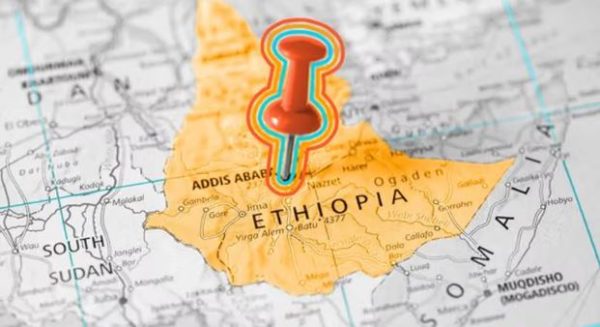
Have you ever dreamt of stepping back in time? Well, in Ethiopia, you can be seven years younger in a flash.
It may sound like a time-travel story, but it’s the real deal in Ethiopia. But how does this work?
The ancient Ethiopian calendar
Ethiopia’s calendar stretches all the way back to the 4th century BC. That’s even older than the calendar most of us use today. The story begins around 8 years before the birth of Jesus Christ when a wise man named Dionysius Exiguus crafted the Gregorian calendar. However, Ethiopia decided to stick with its ancient calendar, known as the Ge’ez or Ethiopian calendar. This calendar borrowed some ideas from its ancient Egyptian cousin, the Coptic calendar, and then added its own Ethiopian twist.
Counting the days differently
One key reason Ethiopia marches to its own calendar tune is the way they calculate the year. While many countries follow a solar calendar, counting days based on the Earth’s journey around the sun, Ethiopians have a lunar calendar. This means they consider the moon’s phases to determine their days, months, and years.
Another cool fact is that Ethiopia has a 12-month calendar! Their year consists of 12 months with 30 days each, and the extra month, Pagumē, has either 5 or 6 days, depending on whether it’s a leap year. This extra month keeps their calendar in sync with the solar year.
Ethiopian New Year – Enkutatash
Ever heard of a New Year celebration in September? Well, Ethiopians do it. Enkutatash, their New Year, falls on September 11th (or 12th in a leap year). This celebration marks the end of the rainy season and the beginning of a bright, sunny new year.
Why 7 years behind?
Now, why is Ethiopia 7 years behind the rest of the world? It all goes back to a slight difference in how they calculate the birth of Jesus Christ. The Ethiopians believe Jesus was born seven years earlier. So, while the Gregorian calendar marks it at the year 1 AD, Ethiopia places it around 7 to 8 years earlier. This tiny difference adds up over the centuries, creating the seven-year gap we see today.

